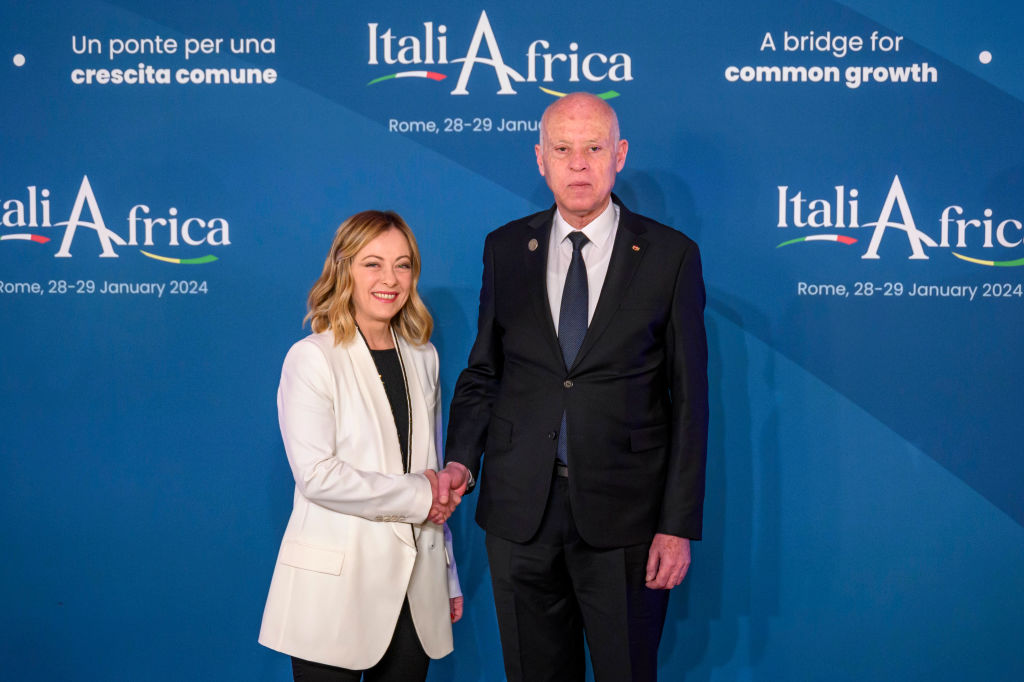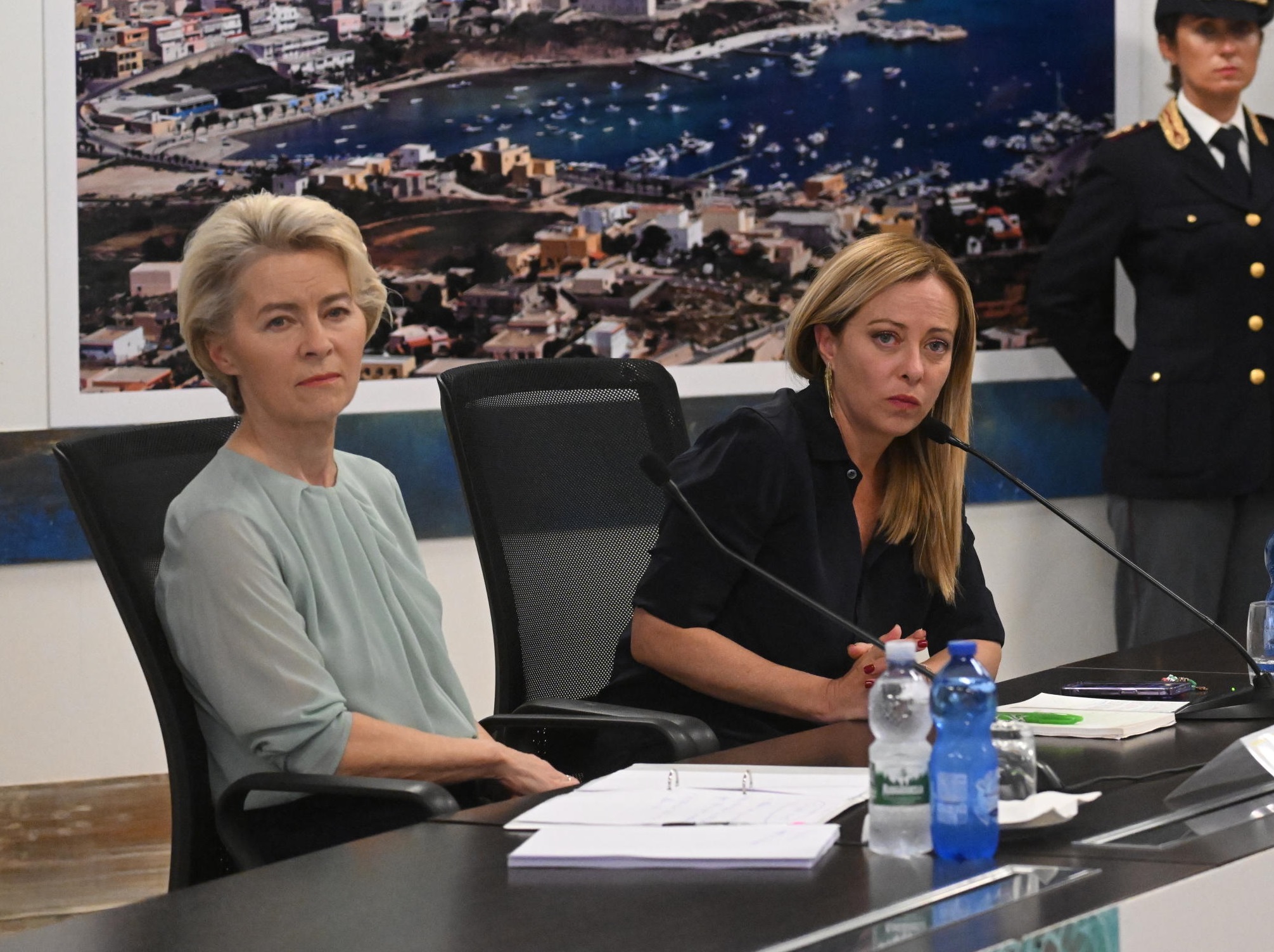The European Union’s auditors say it is impossible to identify exactly what the bloc achieved with its €6 billion migrant deal with Turkey.
In the 2016 agreement, the EU gave money to Turkey to help settle 4 million refugees from Syria. In return, Turkey agreed to take back migrants who had crossed into the EU.
The European Commission failed to give Turkey enough guidance for how it should use and document the €6 billion, said Cristina Vanberghen, a senior EC expert who has worked in Ankara.
European Court of Auditors (ECA) member Bettina Jakobsen, who co-wrote the auditors’ report, said: “I’m quite sure that European citizens would like to see some results coming out of the various development and humanitarian projects that the EU is funding.”
Joelle Elvinger, another of the auditors, added: “The funded projects are behind schedule and it is uncertain whether they will be sustained once EU support runs out.”
The migrant deal also relies heavily on involvement from Turkish NGOs, a sector President Recep Tayyip Erdoğan has suppressed since the deal was signed.
More than 1,000 NGOs ceased operations in the country in 2016 and 2017, according to the investigative website Nordic Monitor.
Echoing complaints MEPs have made about the EU’s more recent migrant deals, the auditors stated it was difficult to see exactly where any of the money had gone.
“We are not able to say anything about the impact of the funding provided,” said Jakobsen.
The Turkish education ministry in particular “snubbed” the auditors and declined to provide information they asked for, she said.
The EC also “did not systematically assess whether project costs were reasonable or compare similar costs between different projects”, Jakobsen added.
Vanberghen suggested much of the problem likely “lies with EU expectations rather than Turkish behaviour”.
“If you skimp on the instructions, don’t be shocked when the European Court of Auditors comes knocking for information and you will not receive it,” she said.
“When providing funds, it’s crucial to clearly outline how they should be utilised and documented through interim and final reports,” something the EC has not done with Turkey, Vanberghen added.
In addition, on Turkey’s side a “failure to meet these reporting requirements shouldn’t come as a surprise if proper guidance hasn’t been provided” by the EU, she concluded.
The EU’s migrant agreement with Turkey was a model for ones the bloc later signed with Egypt, Mauritania and Tunisia.
The EC is poised to sign a similar deal, possibly in the next couple of days, with Lebanon to alleviate Cypriot fears of being overrun by refugees fleeing Middle Eastern violence.
Each of these agreements, though, have come under criticism and Tunisian President Kais Saied indicated to Italy’s Prime Minister Giorgia Meloni on April 17 he wanted more money to continue to participate in the two countries’ migration deal.
Such agreements with neighbouring nations including Turkey have been EC President Ursula von der Leyen’s chief way of addressing irregular immigration ahead of June’s European Parliament elections.
Polling numbers suggest migration will boost the fortunes of Eurosceptic parties in the vote, eroding the European People’s Party-Socialists and Democrats bloc that is the bedrock of von der Leyen’s support.





